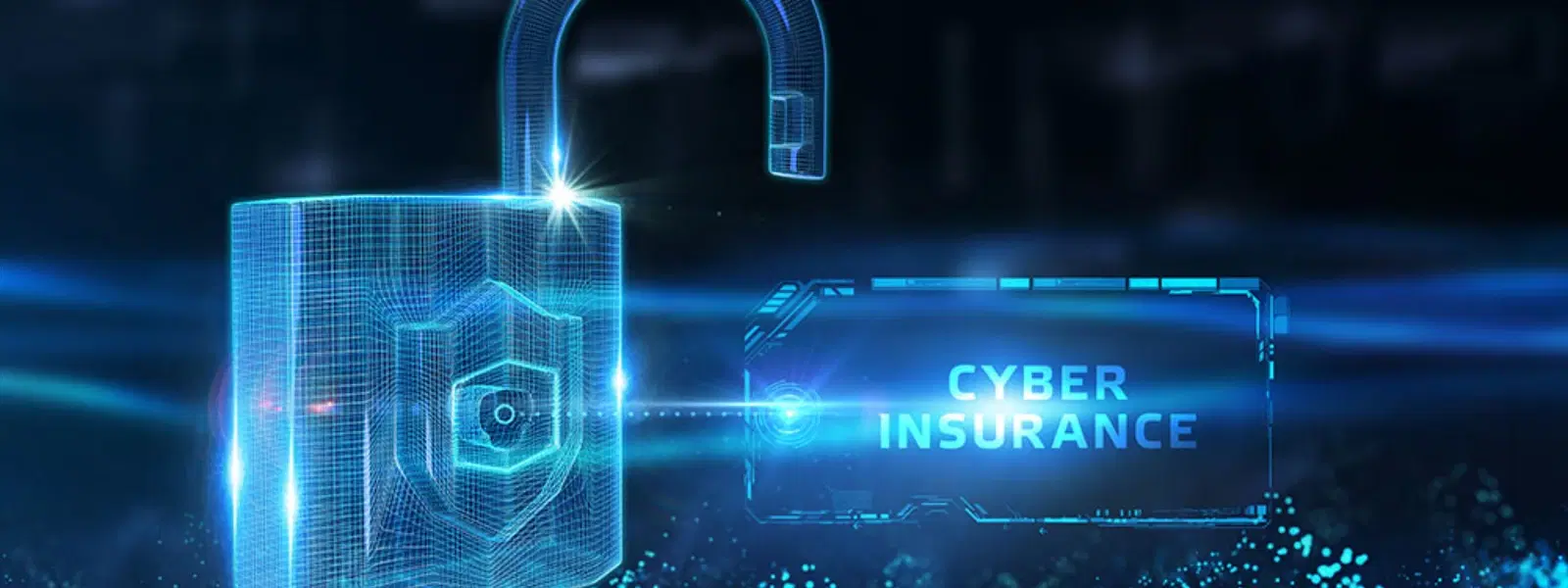
Insurance
•04 min read

Phishing remains one of the most significant cyber threats facing businesses today. This type of attack involves malicious actors impersonating trusted entities to trick individuals into revealing sensitive information. As a result, companies suffer financial setbacks and disruptions that can affect daily operations. In this post, we will explore the impact of phishing on businesses, how cyber insurance can help mitigate these risks, and practical measures to strengthen your organization’s cybersecurity.
Phishing is a form of cyberattack where fraudsters use deceptive communication, such as emails, SMS (smishing), or phone calls (vishing), to pretend to be a trusted source. Their goal is to lure victims into providing confidential information like passwords, bank details, or credit card numbers. These schemes often rely on urgent language and convincing formats that make it difficult for the recipient to recognize the threat until it’s too late.
Phishing attacks can have far-reaching effects on a business. Financial losses may occur through unauthorized transactions or by paying ransoms to regain control of systems. Moreover, a successful phishing incident can damage a company’s reputation and erode customer trust. Operational downtime is another risk when systems need to be shut down and restored during recovery from such attacks. It is essential for businesses to understand that the fallout from phishing goes beyond immediate monetary loss, potentially impacting overall business continuity and long-term sustainability.
Cyber insurance is a policy designed to protect businesses against the financial fallout of cyberattacks and related incidents. It works by transferring some of the risks associated with digital attacks to the insurer. This type of coverage is not only focused on recovering lost money but also on mitigating additional costs that may arise from a breach.
When it comes to phishing, cyber insurance can be an invaluable tool. Typically, a phishing cover includes protection for:
- Financial losses incurred as a result of fraudulent transactions - Expenses for forensic investigation to identify the breach source - Legal costs and fees associated with defending against claims - Services such as customer notification and credit monitoring to help mitigate future risks
However, policy terms can vary. For instance, coverage may be limited in cases where there is a failure to implement basic cybersecurity measures. It is important for businesses to carefully review policy details to understand the inclusions and any restrictions that may apply.

In India, cyber insurance policies are tailored to meet the evolving needs of businesses facing modern cyber threats. Providers offer coverage that addresses the specific risks associated with phishing attacks in a digital economy. Tata NeuPolicy is committed to delivering solutions that cater to Indian businesses, ensuring that coverage meets both financial and operational recovery needs in a local context.
An informed workforce is a strong line of defense against phishing attacks. Regular training programs can help employees easily recognize suspicious emails, SMS messages, and calls. Simulated phishing exercises are a practical tool to test the effectiveness of these training sessions, reinforcing safe practices and identifying areas where further education is needed.
Technical solutions play a crucial role in preventing phishing. Implementing multi-factor authentication (MFA) adds an extra layer of security by requiring additional verification beyond just a password. Additionally, the use of anti-phishing software and secure email filters can block malicious content before it reaches employees. Investing in endpoint security can further protect devices from unauthorized access and malware infection.
Establishing a documented anti-phishing policy serves as a guide for employees and management alike. This policy should include clear instructions on how to report suspected phishing attempts and outline the steps for ongoing monitoring and rapid response. Regularly updating these protocols in collaboration with IT teams ensures that the measures stay effective against evolving threats.
When selecting a cyber insurance policy, it is important to ensure that the coverage matches your specific needs. Look for policies that offer comprehensive phishing coverage, including provisions for legal and regulatory expenses. Support for post-attack recovery, like forensic investigations, is also a critical element of a well-rounded policy.
Before finalizing your contract, ask potential providers the following questions: What specific phishing scenarios does the policy cover? Are there any exclusions or conditions that may affect coverage in the event of an incident? What is the claims process, and how swiftly can assistance be mobilized when needed?

Tata NeuPolicy brings extensive expertise in cyber insurance tailored for Indian businesses. Our solutions are designed to be adaptable, recognizing the unique challenges that phishing attacks create. Understanding policy terms and taking preventative actions are both essential for robust protection, ensuring that organizations can continue operations with minimized disruption.
Phishing cover refers to the protection provided by a cyber insurance policy against financial losses, legal fees, and recovery expenses resulting from phishing attacks.
Coverage varies with each policy. While many common phishing scenarios are covered, exclusions may apply, especially if there is negligence in implementing security measures.
The cost of phishing cover within a cyber insurance policy depends on various factors such as business size, industry, and the extent of coverage needed. Tata NeuPolicy can provide guidance tailored to your business requirements.
Phishing attacks can lead to significant financial losses and disrupt operations. Effective protection helps maintain business continuity and safeguards sensitive information.
Preventive measures include conducting regular employee training, implementing multi-factor authentication, using anti-phishing software, and establishing a robust anti-phishing policy.
Phishing is a critical threat that can disrupt business operations and lead to significant financial losses. Cyber insurance serves as a safety net by covering the expenses associated with phishing attacks, including fraudulent transactions, forensic investigations, legal costs, and customer notifications. In tandem with comprehensive cybersecurity measures such as employee training and robust technical solutions, cyber insurance helps create a resilient defense against evolving digital threats. Tata NeuPolicy is dedicated to supporting Indian businesses with tailored solutions designed to navigate the complex landscape of cyber risks.